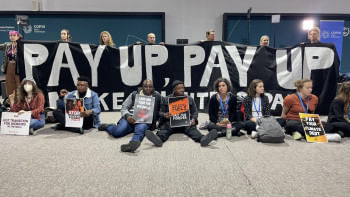Customs stations can now give permission for temporary import

The National Board of Revenue (NBR) has updated its rules on temporary importation of machinery, parts and equipment such that public and private agencies can implement projects that require using foreign items.
As per the latest rules, agencies will no longer need to apply to the NBR for permission to import items temporarily.
From now on, firms will have to apply to the commissioner of respective customs station, according to the rules regarding temporary importation issued by the end of January this year.
The related customs station will also do a physical examination of the imported goods, machinery, parts and equipment fully after arrival and assess the duty of the imported items.
During the assessment of duty, importers will have to give an affidavit and a continuous bank guarantee equal to the amount of assessed tariff.
The commissioner of customs will be able to allow the import of the machinery and equipment for one year after importers complete all the procedures properly, according to the rules. The customs office can extend the time for another six months if the importing firms apply one month before the expiry of their initial permit.
And if firms cannot send back imported goods within the stipulated time on valid grounds, they will be able to seek more time from the member of customs at the NBR.
The NBR said temporarily imported goods should be returned through the port through which the items were imported.
The rules said a full physical examination would be required during the return of the goods and machinery.
Importers will be able to release their bank guarantees upon submission of papers following the return of the goods to the exporting country.
The customs office will impose a full import tariff and fine if the importers fail to return the temporarily imported goods.
Md Neyamul Islam, first secretary (customs exemptions and project facilities) at the NBR, said the revenue authority revised the rules by taking the opinions of public and private stakeholders.
The new rules have already taken effect.


 For all latest news, follow The Daily Star's Google News channel.
For all latest news, follow The Daily Star's Google News channel. 



Comments